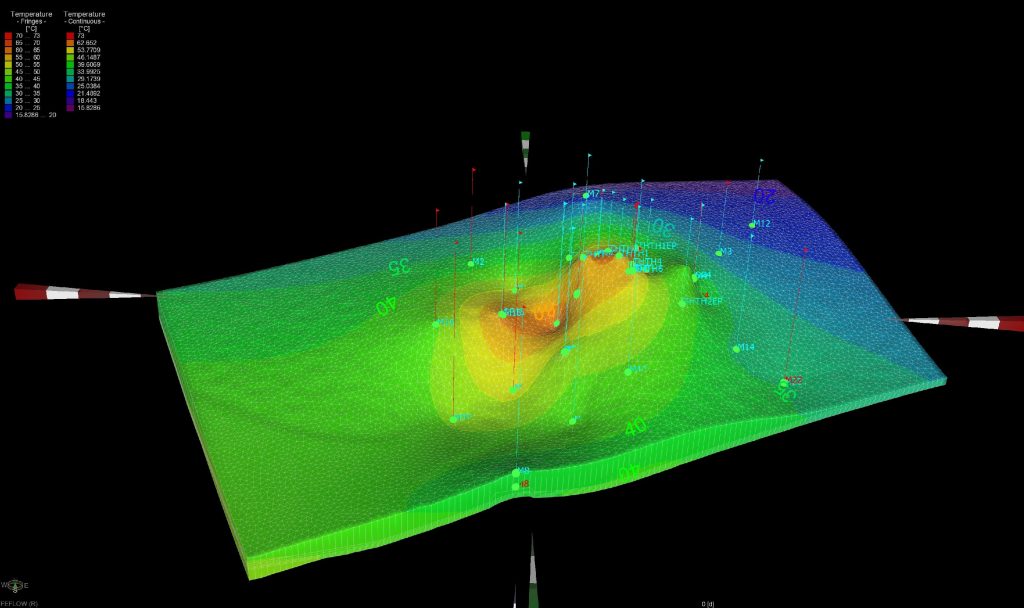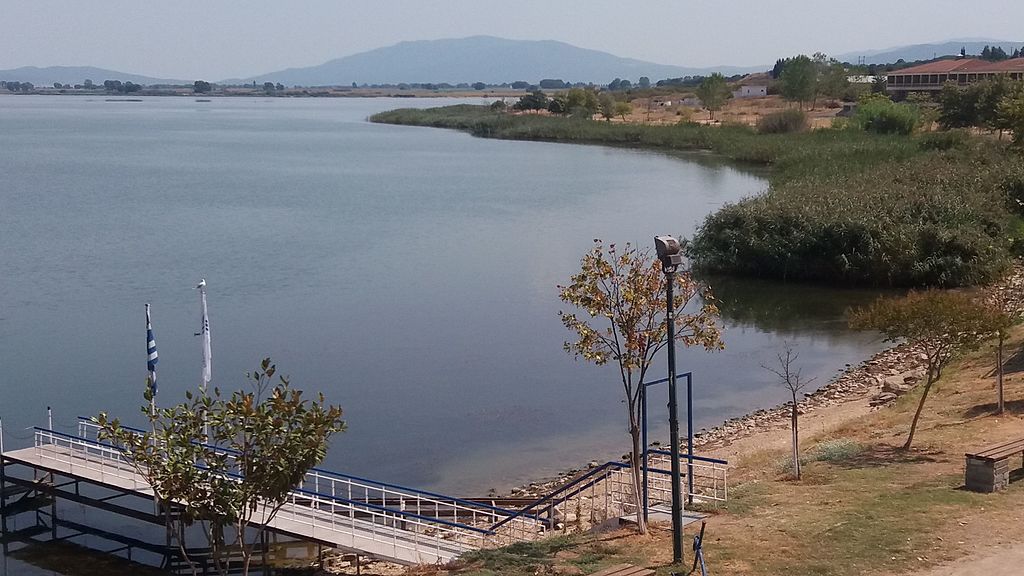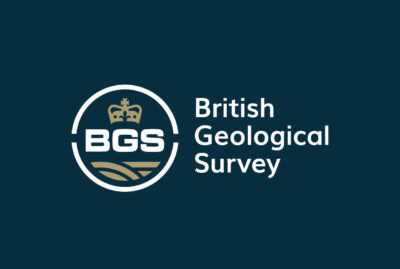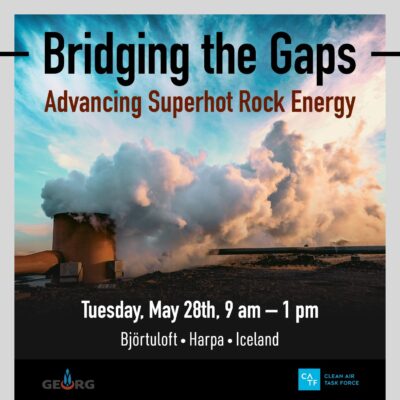Research aims to establish management standards for low-T geothermal in Greece
A project by the Hellenic Survey of Geology and Mineral Exploration aims to establish management standards for low-temperature geothermal resources in Greece.
The Hellenic Survey of Geology and Mineral Exploration (HSGME) based in Greece is implementing a project that aims to establish standards for the management of low-enthalpy (T <= 90 °C) geothermal fields. The project entitled “Management Plans for Low Temperature Geothermal Fields – DIAGEOTH” is being conducted within the framework of a Contract-Agreement with the Hellenic Ministry of Environment and Energy.
This action is dictated by the lack of appropriate management plans for the rational utilization of the geothermal potential in the Greek fields of local interest (T <=90 °C). It also aims to compile a standard study of a Management Plan and to standardize the process based on real conditions from the exploitation of geothermal resources, in order to achieve the rational and sustainable utilization of the low enthalpy (temperature) geothermal fields.
Defining and testing the Management Plan
A Management Plan will include, among others:
- Geological and dynamic (numerical) modeling of the geothermal field, flow and heat transport simulations in the reservoir and implementation of long-term exploitation/management scenarios using specialized commercial (Leapfrog Geothermal and FEFLOW) and free open-source software and importing all available necessary data;
- Continuous real-time monitoring, recording and transmission of critical characteristics of the geothermal reservoir (e.g. temperature, pressure) through a network telemetry;
- Periodic field measurements and fluid sampling;
- Study of the physicochemical characteristics of the geothermal fluids to draw conclusions about the origin and the circulation of the fluids and possible scaling and corrosion problems in the exploitation equipment;
- Study of fluid and heat transfer phenomena as well as the optimal design of the fluid transfer network (pipelines) and the installed operating equipment;
- Evaluation of the disposal of geothermal wastes and their possible re-injection through wells at the appropriate sites, etc.
Management Plans will be implemented as pilot projects in two (2) selected low-temperature geothermal fields (fields of local interest based on the new Greek Geothermal Law), namely in the fields of Neo Erasmio-Magana Xanthi and Nea Apollonia Thessaloniki, in order to draw useful conclusions and create a standard synthetic study of Management Plan, which will be a guide for the preparation and compilation of Plans in other fields of local interest.

Cooperation with the academe
For the implementation of this Project, the HSGME has signed three Programmatic Agreements with Academic
Institutions, namely:
- The School of Mining & Metallurgical Engineering of the National Technical University of Athens (NTUA, Greece) with Scientific Responsible Assistant Professor Vassilios Gaganis for collaboration on modelling-simulation and fluid mechanics issues;
- The Department of Mechanical Engineering of University of Thessaly (Greece) with Professor Nikolaos Andritsos as Scientist Responsible for cooperation in matters of scaling and corrosion;
- The Department of Earth Sciences at University of Florence (Italy) with Prof. Orlando Vaselli as Scientific Responsible for specialized sampling and analyses of geothermal fluids with an emphasis on isotope analyses as well as the interpretation of the results.
The contribution of the above-mentioned Academic Institutions in the preparation of integrated Management Plans for low-temperature (enthalpy) geothermal fields is considered to be extremely important due to the vast scientific knowledge, expertise, and experience that each of them possesses in the specific subjects. Significant results are expected to emerge from the signed Programmatic Agreements and the consequent close collaborations. These results will contribute crucially to the rational exploitation of the low enthalpy geothermal fields in the country.
The Project entitled is being conducted by the Unit of Geothermal Energy and Thermal Waters (GEOTHE) of the HSGME with Dr Apostolos Arvanitis, Head of the Unit, as Scientific Responsible, and the participation of the following executives of the same Unit: Markos Xenakis, Marios Amvrazis, Polyanthi Trimi, Christos Mylonas, Evangelos Stefanou and Stamatina Seferli.
It is being funded in the frame of the Act “Upgrading the functions of the General Secretariat of Energy and Mineral Raw Materials to support the business environment and business extroversion” and includes pioneering actions for the Greek reality aimed at the sustainable development of the geothermal potential in the country.


















